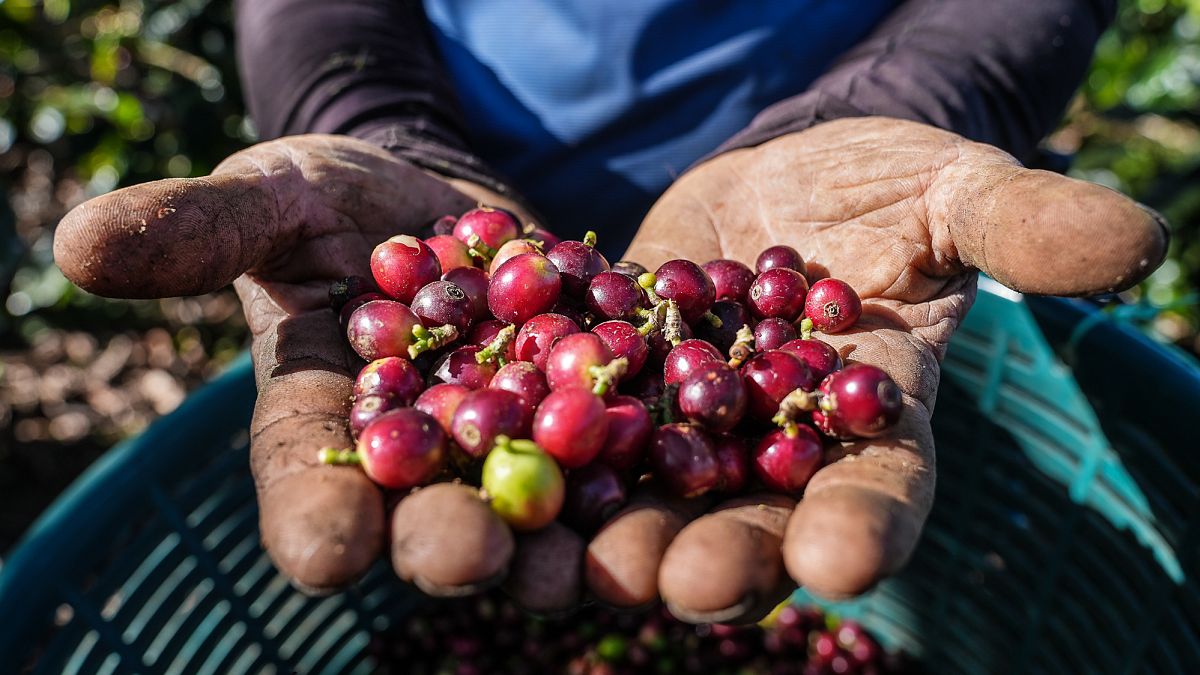

The current climate scenario in Europe and Central America presents a juxtaposition of challenges and innovations. As several parts of Europe brace under a severe heatwave, sparking concerns over health impacts and wildfires, Costa Rica sets an example with its thriving eco-friendly coffee culture.
In Turkey, the region of Izmir grapples with wildfires that have prompted the evacuation of over 50,000 residents from 41 locations. The fires have already destroyed numerous homes and businesses, exacerbating the difficulties posed by the relentless heatwave affecting much of southern Europe, including Italy, Spain, and France. The strong winds in Izmir continue to fan the flames, adding complexity to firefighting efforts. Local authorities have been diligently working to manage the situation, prioritizing safety and reducing damage as much as possible.
This heatwave extends across the continent, affecting several countries with temperatures soaring into the extreme range. Germany is next in line, anticipating temperatures potentially reaching 40 degrees Celsius in places such as Hanover and Brunswick. Health alerts have been issued, urging citizens to take precautions against heat-related illnesses, while wildlife and natural conservation areas remain on high alert due to the rising risks of wildfires.
Amidst the pressing climate challenges in Europe, the European Union is actively working towards long-term solutions. France is playing a pivotal role in setting the framework for the EU’s climate targets for 2040. The European Commission is preparing to present proposals aiming for a 90% reduction in CO2 emissions by 2040. France has initiated the discussions, identifying priorities and opening a debate to forge a pathway towards sustainable environmental policies.
On the other side of the Atlantic, Costa Rica exemplifies sustainable practices with its eco-friendly coffee cultivation. The Los Santos community in Costa Rica is at the forefront of supplying sustainable coffee to the world, showcasing a model of balancing economic growth with environmental stewardship. Coffee producers in the region have adopted practices that minimize the environmental impact, such as utilizing renewable energy sources and promoting biodiversity-friendly farming techniques.
This dedication to sustainability is not merely about agricultural practices but extends into the broader cultural ethos of Costa Rica, where conservation of natural resources and innovative farming methods harmonize to create an environmentally mindful society. The success in Los Santos provides inspiration and a case study for other nations looking to reduce environmental footprints while fostering socio-economic growth.
The varying responses to climate challenges, as exemplified by both Europe’s current crisis management and Costa Rica’s proactive sustainability, underline the importance of adaptive and forward-thinking strategies. As global temperatures continue to rise, the collaborative exchange of sustainable practices and prioritizing climate action becomes increasingly crucial for a harmonious coexistence with nature.
While Europe manages the immediate impacts of the soaring temperatures and associated risks, the strides made towards solidifying environmental policies offer hope for long-term climate resilience. Costa Rica’s eco-conscious approaches to agriculture highlight the potential for integrated sustainable development. Together, these narratives contribute to a broader understanding of the urgent need for proactive environmental stewardship in the face of dynamic climate realities.
Source: {link}
